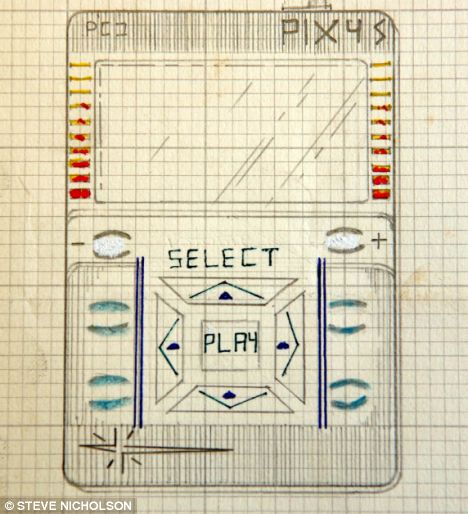Apple v. Samsung: Why the patent war risks creating a tech monster
The big loser is… YOU
Share

It took jurors three days to decide what an eight year old could have told you in seconds: Samsung copied Apple. Look at an iPhone, then look at a Galaxy. It’s obvious. But so what?
Though Apple was quick to describe the decision as a victory for its core values of “originality” and “innovation,” let’s remember some of the real values Apple is built upon. Steve Jobs, who once quoted (stole?) Picasso’s line about great artists stealing, was himself a wonderfully original thief. All of Apple’s innovations are slick remixes of pre-existing ideas, from the graphic user interface Jobs lifted from Xerox (which Bill Gates later copied from him) to the iPod, which Apple has acknowledged was basically invented by this British guy in 1979. Technology, like all of human culture, progresses bit by bit as we build on each other’s work. Patents are a regulatory system imposed on technology, intended to make sure that inventors get paid for inventing. But they didn’t work out for the British dude who invented the digital audio player, and they aren’t working now.
Patents have become mystical commodities, collected by massive tech firms as a means of taxing newcomers and keeping competitors in check. These so-called “patent wars” have become an arms race in which companies stockpile intellectual property claims in order to ward off litigation. Millions of dollars are paid for patents that a company may have no intention of using for anything but bluster. “Sue us,” the message goes, “and we’ll sue you.” Sometimes two opponents in an arms race can be so equally matched that nobody dares pull a trigger. Other times, things go nuclear, or “thermonuclear,” as Jobs described his coming war against Android, for daring to innovate upon his innovation. That’s what happened last week.
Make no mistake about it, Apple v. Samsung was actually Apple v. Android, and Android is the mobile operating system of the people. Google has done the world a service by releasing a free alternative to Apple’s proprietary iOs. Android is empowering millions with smartphone connectivity. Many of the people who use Android devices could never afford an iPhone. As Google and Apple compete to create the best mobile OS, building on each other’s innovations, the consumer benefits. It’s a far healthier form of competition than the stifling patent wars.
Apple’s patents claim ownership over finger gestures. Apple’s patents claim ownership over rounded rectangles. It’s silly, but it’s become common: Amazon famously claims a patent on buying things online with one click. In choosing to uphold these patents, in recognizing generic and obvious aspects of design as pieces of private property, U.S. courts are stifling innovation and quite possibly creating in Apple a tech monopoly that will make Microsoft look like the public library.
Follow Jesse on Twitter @JesseBrown